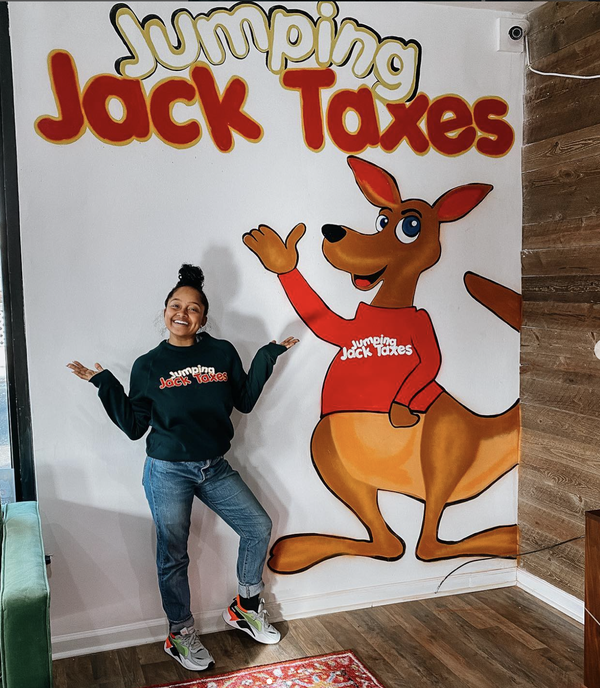A Philadelphia-area woman with a large Instagram following has been ordered to pay dozens of consumers she misled after not providing services for which she charged.
Dana Chanel, known for founding the hair and skincare brand Curl Bible and whose real name is Casey Olivera, must pay $87,269.91 in consumer restitution, $31,000 in legal costs and $6,000 in civil penalties, the Pennsylvania Attorney General's Office said on Tuesday. This comes after she endorsed a credit repair business and a mobile app developer — which she co-owned — to her followers, many of whom claim that the companies were mischaracterized and that services were never received.
- MORE NEWS
- Convicted murderer Danelo Cavalcante captured, taken into custody alive
- Atlantic City man sentenced to 70 years in prison for 2019 fatal shooting at Pleasantville High football game
- Philly ethics board case against Jeff Brown super PAC dismissed
The settlement states that Chanel, Defendant Credit Exterminators, Inc. and Alakazam Apps are banned from promoting or selling credit repair and mobile app services. Another $55,000 in civil penalties were added but are suspended so long as Chanel abides by the settlement. Chanel promoted the companies to her Instagram followers, which now total 1.1 million.
"Advertising in today's world has changed, and people trust personalities they follow online to promote desirable goods," Attorney General Michelle Henry said. "In these cases, consumers were misled by the influencer and businesses that did not deliver on purchases. My office has taken a hard stance against potential harm inflicted on Pennsylvanians online."
The settlement ends an almost two-year legal battle stemming from a lawsuit filed by then-Attorney General Josh Shapiro. The suit also includes Chanel's father, Nakia Rattray, and Chanel's sister, Cassandra Olivera.
One customer paid Alakazam $2,000 to build an app for a nonprofit, but the app was never received. At least 10 calls about a refund were not returned, according to the lawsuit. Another customer said Alakazam billed them $250 monthly even though the app was never completed.
Credit Exterminators, which was rebranded as Earn Company, was marketed as offering guidance and instruction on improving credit scores. Packages cost as much as $300 and monthly fees were applied. Many customers were denied refunds or never received a response when they reached out about not getting the services for which they paid.
One customer paid the company $2,000 to resolve delinquent credit accounts; however, they received a garnishment of wages letter from a creditor who was supposed to have been contacted by Chanel's company.
"It's hard enough these days for workers in Philadelphia," Shapiro said when the lawsuit was filed. "We can't have bad actors breaking the law and making it even harder for folks to resolve their bad credit or keep their small businesses afloat."
Chanel is a self-described Christian entrepreneur who has previously ran companies offering prayers, tax services, life insurance and a “heavy metal detox spray" for children.

